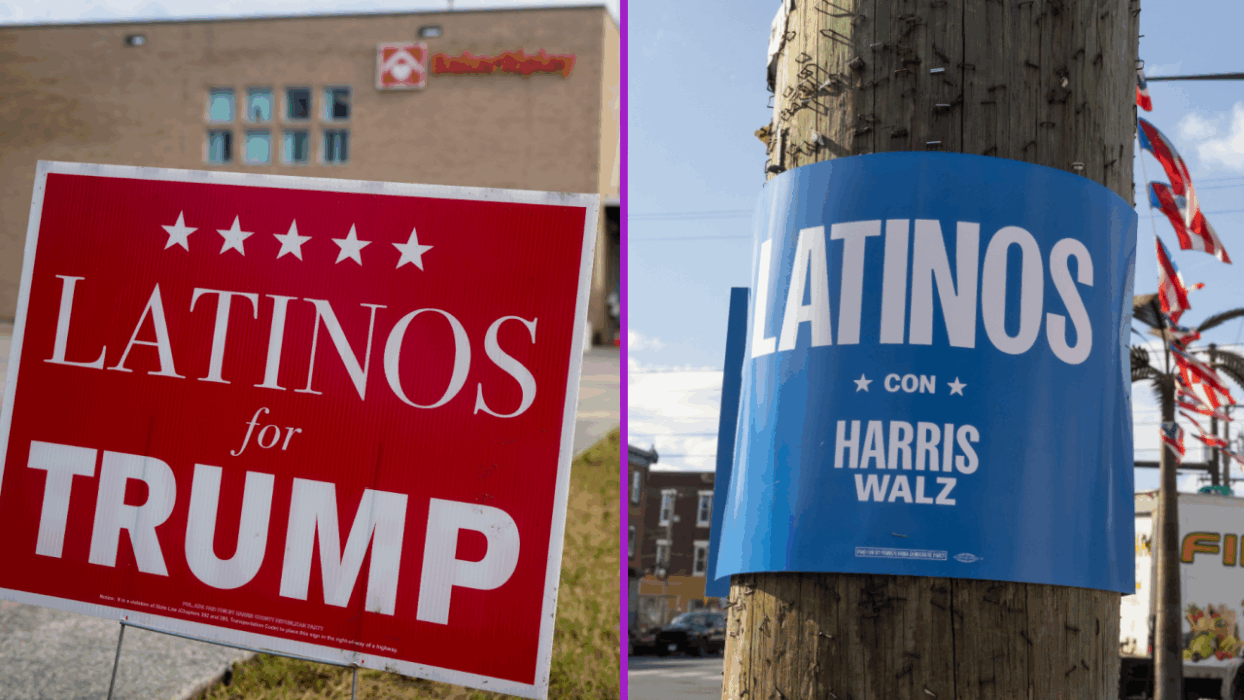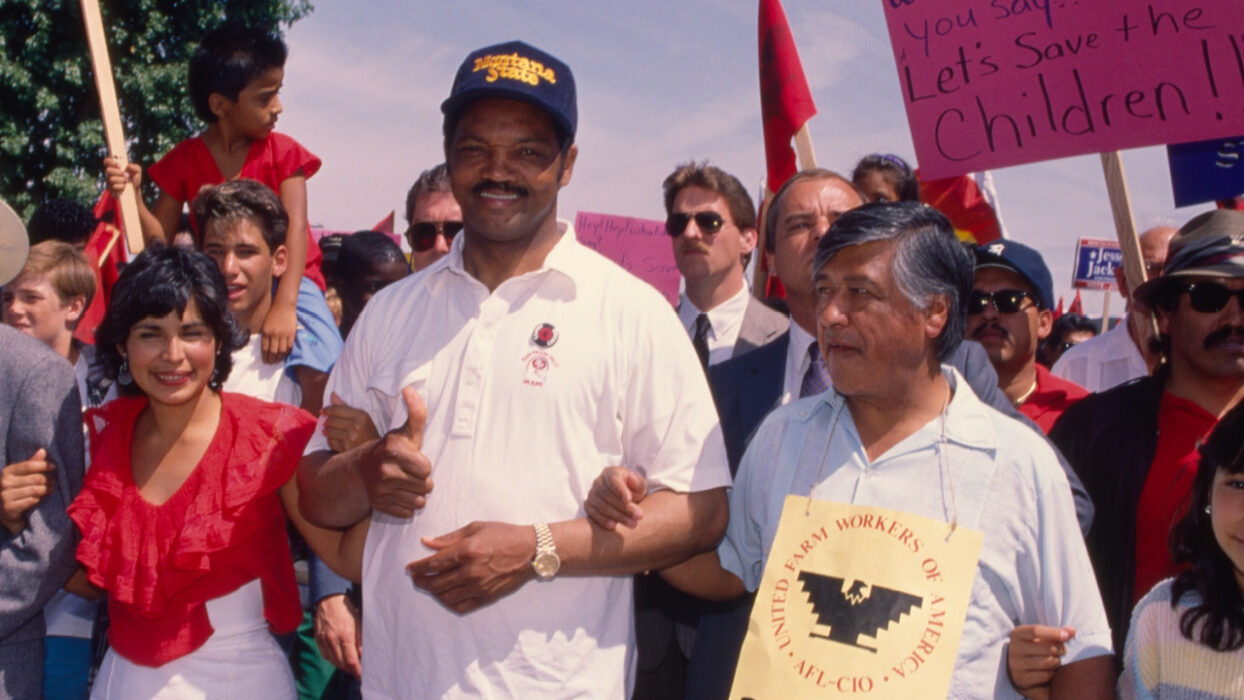
Michael Bloomberg Apologizes For Stop-And-Frisk Policy But A Racially-Charged Audio Clip Shows A Different Side
An audio clip is circulating that shows Democratic presidential candidate Michael Bloomberg’s full-throated support of stop and frisk and racial profiling. The candidate has tried to distance himself from the racist and dangerous policy that did more damage to minority communities than it solved crimes.
Presidential candidate Michael Bloomberg’s own words supporting racial profiling are coming back to haunt him.
The clip is from a speech the former mayor of New York gave in 2015. In the speech, he not only defends the use of stop and frisk but uses racist stereotypes and tropes to make his point. Bloomberg admits that he wants his police force to racially profile people in order to make the arrests. How? Well, Bloomberg believes that you can send the police to minority communities because that is where the crimes are committed. He also claimed that the victims and murderers fit one M.O. so you can Xerox the description to all of the police so any Black or brown person should be treated as a criminal subjected to unconstitutional searches.
But, don’t worry. Bloomberg feels bad about it now and wishes he acted sooner.
Before the event in Houston, Bloomberg tried to brag about how he cut back the program by 95 percent before he left the office of Mayor of New York City. However, what he fails to tell people is that during his time in office, he expanded the stop and frisk program. He also pressured the police force to keep the number of arrests and stops with stop and frisk at very high levels for years. He only cut back the program because his office was facing numerous and mounting lawsuits and political pressure.
Basically, Bloomberg is now apologizing for a program he embraced and expanded while mayor of New York. He is now backpedaling his racist comments and association to the program because he is running for president. Does he have any actual remorse? That’s yet to be proven.
In speaking to potential voters at the Christian Cultural Center, a Black church in Brooklyn, Bloomberg showed remorse for his handling of the controversial stop-and-frisk policy. During his 12-year tenure as mayor and well after he left office, Bloomberg defended the policing strategy which allowed city officers to stop and search anyone they suspected of committing a crime.
“I was determined to improve police-community relations while at the same time reducing crime even further,” Bloomberg said at the church. “Our focus was on saving lives. But the fact is: Far too many innocent people were being stopped.”
Statistics show that the policy didn’t work as it should have and instead targeted people of color in the community, most notably Black and Latino residents.

The stop-and-frisk policy was in place long before Bloomberg took office in 2002 and has long been viewed as a policy that directly targeted Black and Latino communities. The strategy allowed city police to detain an individual and subject them to unnecessary searches sometimes to look for possible weapons, drugs or other paraphernalia. An officer would have to have a reasonable belief that the person is, has been, or is about to be involved in a crime. The purpose of the policy was to deter violent crime in the city but, in return, it destroyed police-community relations for years in New York.
“The temperature in the city at the time was that the police were at war with Black and brown people on the streets,” Jenn Rolnick-Borchetta, the director of impact litigation at the Bronx Defenders, told the New York Times. “And that is how people experienced it.”
Statistics show that Black and Latino people were nine times as likely as white people to be stopped by police officers when it came to the policy. They were no more likely to be arrested, the New York Times reported back in May 2010.
During Bloomberg’s tenure as New York City mayor, there was a huge spike in the overall use of the stop-and-frisk policy. According to the New York Times, the number of stops reached a peak of 685,724 in 2011 and then fell to 191,851 in 2013. In Bloomberg’s 12 year tenure as mayor, there were 5,081,689 stops by police recorded.
Political pundits and criminal justice reform advocates are fiercely criticizing Bloomberg’s sudden backtracking on the controversial policy.

There has been a growing wave of criticism for Bloomberg’s sudden policy walk back that is coming just as he is set to announce his 20202 campaign run. Many are criticizing Bloomberg as changing his tune in an attempt to appeal to the voters once terrorized by a policy he spent over a decade defending. One of the most high profile critics has been current New York City Mayor Bill de Blasio, who dropped out of the 2020 presidential race earlier this year.
“This is LONG overdue and the timing is transparent and cynical,” Mayor de Blasio tweeted.“With all due respect to my predecessor, we’ve spent six years undoing the damage he created with this bankrupt policy. We ended stop and frisk AND drove down crime. Actions speak louder than words.”
Another critic was social justice advocate Shawn King who decried Bloomberg’s apology. He voiced what some see as a political walk back in midst of a potential run at president.
“BULLSHIT. After years of running the Apartheid-like policy of stopping and frisking millions of people of color throughout New York City, and then defending it every day in office, then every day he was out of office up until this week, @MikeBloomberg,” King tweeted.
Many view his apology as a way to try to gain Black and Latino voters. More importantly, it is seen as an attempt to regain years of lost trust between him and the community.

“The fact is, far too many innocent people were being stopped while we tried to do that. The overwhelming majority of them were black and Latino,” Bloomberg told church attendees on Sunday. “That may have included, I’m sorry to say, some of you here today. Perhaps yourself or your children, or your grandchildren, or your neighbors, or your relatives.”
There is one notable person that has voiced his approval in Bloomberg’s apology, Rev. Al Sharpton, who said the former mayor reached out to him. He says that history will be the judge of the policy-making that Bloomberg had in New York City.
“Whatever his motive is, I’m glad that he’s taking this stand,” Sharpton told the Daily News. “We will have to wait and see whether it was politically motivated but Mr. Bloomberg should be judged by the same standards we judged Joe Biden, the author of the 1994 Crime Bill that led to disproportionate numbers of Black and brown men going to jail for years, as well as Senator Bernie Sanders, who voted for it.”




